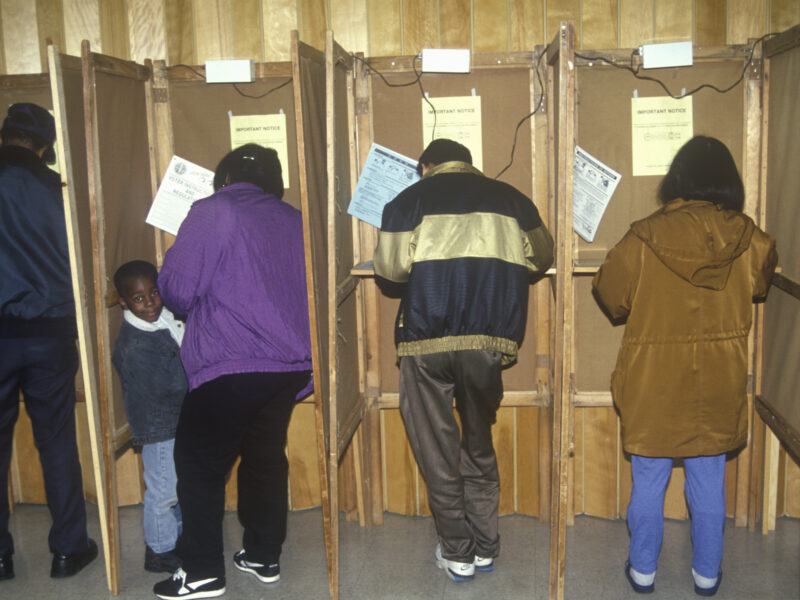
Although I kind of expected SCOTUS to rule as it did on the Harvard/UNC cases, I read as many of the opinion pieces that followed as I could. With more to surely come in the days ahead, one piece that resonated with me was a 6/30/23 NY Times editorial with a long title — I Teach at an Elite College. Here’s a Look Inside the Racial Gaming of Admissions — written by a professor at a small Maine college just down the road from me. (Author: Dr. Tyler Harper, assistant professor of environmental studies at Bates College).
Early on, Harper discusses the positive role that affirmative action has played in our country and culture, kicking off this point by explaining how it has impacted him personally:
“…Let me be clear that I am not an opponent of affirmative action. I don’t think I would have gotten into Haverford College as an undergraduate if it had not been for affirmative action, and the same is probably true of my Ph.D. program at New York University and the professorship I now hold at Bates College.”
Turning to society as a whole, “I believe that affirmative action works, that it is necessary to redress the historical evils of chattel slavery and its myriad afterlives and, above all, that it is a crucial counterbalance against the prevailing system of de facto white affirmative action that rewards many academically mediocre (and wealthier) students for having legacy parents or for being good at rowing a boat.”
Tyler then explores what he perceives as some of the downsides of affirmative action: “Yet I also believe that affirmative action — though necessary — has inadvertently helped create a warped and race-obsessed American university culture. Before students ever step foot on a rolling green, they are encouraged to see racial identity as the most salient aspect of their personhood, inextricable for their value and merit.”

As for what will happen next, Harper predicts that we’re in for a period of some intense racial gaming where “many minority applicants (and their parents and tutors) will be left to guess which racial or ethnic category or subcategory — or even which crass racial stereotype — will be most appealing to any given admissions officer or to the particular school they are applying to.”
After presenting a few steps that elite colleges and universities seeking to honor the values of diversity might take in light of the SCOTUS decision — e.g., exit the cheap fixes of what he calls the “D.E.I. industrial complex”… abandon the U.S. News & World Report ranking system — Tyler urges aspiring “talented brown or Black kids” worried about their college admissions prospects to “remember that racial gamification is just that: a game.” He concludes:
“Remember that Martin Luther King Jr. did not dream of a multiracial oligarchy and that the ‘vaults of oppoirtunity’ of which he spoke are not hidden only behind a door at Yale University. There are other paths in life that do not require gaming anything. Remember that hope is wherever you find yourself.”
Just What I Was Thinking… (only, more clearly)
My hope for all students is that they will ultimately derive their confidence from who they are as opposed to which tier of college deemed them worthy of admission when they were 18 years old.
Onward, Malcolm Gauld



